Iran-Pakistan trade and investment outlook
Iran and Pakistan are moving towards bolstering their bilateral trade ties and the removal of US sanctions based hurdles which stand in the way via the multiple trade agreements penned. There is a massive potential for bilateral trade and commerce between the two regional allies Iran and Pakistan, which hasn't been fully tapped.
Trade ties between Tehran and Islamabad have been affected by several factors, the most important of which is the draconian US sanction in recent years.
The two countries, however, continue to make strenuous efforts to remove bottlenecks in their bilateral trade relations and increase the volume of annual trade from around 1 billion US dollars to $5 billion by 2023. And the efforts in this direction have lately gained momentum.
Pakistan, with its large consumer market, holds immense potential for trade with regional countries, particularly Iran. The two countries, in an attempt to remove obstacles in the path of bilateral trade and investment, have stepped up efforts to tap the vast potential that exists between them.
These efforts have gained momentum under the new government in Tehran that is vigorously pursuing the East centric foreign policy with focus on neighboring countries.
On September 6th to 7th, during the ninth joint trade committee meeting between Iran and Pakistan in Tehran, the two sides agreed to revive the stalled talks on the free trade agreement and raise the volume of annual trade from less than $1 billion to $5 billion by 2023.
This is in line with the goal of pushing the annual bilateral trade to $10 billion, which economic pundits see a real possibility of achieving, provided the necessary infrastructure is in place.
I am very happy and I sincerely congratulate both the countries on achieving this big milestone that Mr. Abdul Razak Dawood is already in Tehran and his counterparts along with his counterparts of Iran, they are working on this. I've heard they've almost signed the contract.
I think this will be a major step in bringing both the countries together and we can enhance trade of Iran and Pakistan, because that was the missing thing, along with the sanctions, we were not able to transfer money through our central banks.
So once there is a barter agreement between both the countries, I think it will facilitate the business community on both sides of the water.
Nauman Kabi, Pakistani Entrepreneur
If this particular agreement goes ahead, I'm very happy for that, And I'm pretty sure that these barter agreements will attach the trade between Pakistan and Iran for at least 5 billion US dollars considering the industrial base of Pakistan and the industrial base of Iran, and what we can import from there and what we can export from Pakistan and vice versa.
I'm very happy about it. I'm looking forward to it. And I feel that considering what has happened right now, and the planning that we already have in place for inviting the exhibition exhibitors to Pakistan.
I think the timing of both the events goes very well for the event and I'm hopeful that the Iranians will participate in majority in February in Lahore, for the exhibition, which is going to happen on the 16th of February 2022.
Aqib Asif, Lahore Chamber of Commerce
The two longtime allies have agreed to make renewed efforts to remove the bottlenecks and facilitate the progress and promotion of trade and commerce with focus on bilateral investment, better connectivity, barter, trade, reduction in tariffs, construction of border markets, and joint exhibitions. It augurs well, not only for Iran Pakistan relations, but for the whole region as well.
Pakistan has a huge textile industry and when you see Pakistan exports to the world, more than 70% of exports are in textiles, a different sort of textiles for Iran knitwear, you know. So and from Iran side if we see the strength of Iran, it's basically oil and gas. And yes, so these these two are potential economic areas, I would say.
But when we talk about [the] private sector, of course, it is the private sector which basically drives the trade. Wherever trade is happening in the world, it's between the private sectors between the companies, the government and public sector is only the facilitator.
So I would say that, yes, there has to be a strong there has to be strong linkages between the private sector both between both countries, and once those linkages are well established, I think [the] private sector be in a better position to push the government sector or the public sector to improve the security and political relations.
Umer Bhatti, Sustainable Development Policy Institute
Although both Iran and Pakistan have granted most favored nation status to each other, trade between them has seen erratic fluctuations over the years, the volume of annual trade between the two countries has been nowhere close to the potential that exists between them.
The preferential trade agreement Tehran and Islamabad inked in 2014 has evidently had no consequential impact on the volume of bilateral trade in recent years.
The target of a $5 billion annual trade by 2021 has faced a major impediment, the US sanctions.
At a 2016 business summit in Islamabad, the Pakistani premier at the time, Nawaz Shareef together with by the Iranian President, Hassan Rouhani, said the two countries aim to increase the annual trade volume to $5 billion by 2021.
At the time, the total trade volume between the two nations was $359 million.
The easing of sanctions by the US following the nuclear deal in 2015 had inspired hopes that trade could see a surge, but that was not to be. Before the nuclear deal in 2015, business prospects between the two countries either looked too bleak or too bright, depending on the extent of US pressure.
Sanctions relief in July 2015 showed a slight improvement in the figures, but the relief turned out to be short lived as sanctions were reinstated in May 2018. The current volume of trade between Iran and Pakistan is well below the 1 billion mark. But the race to the $5 billion mark has started afresh.
I believe that there is a huge amount of potential that can be achieved through bilateral trade, through cultural integration, through sending the university students to each other on exchange programs. And so I believe these are the options that we should tap into in order to boost the economies of both countries.
Muhammad Kaab, Assistant Manager, Sage Tech International
The Iran and Pakistan free trade agreement talks are good news for both sides. It will not only open new avenues of economic cooperation between the two countries, but also paves the way for implementation of other important accords, like the preferential trade agreement.
The two countries have inked multiple accords over the years to bolster trade and investment but somehow the full potential of bilateral cooperation could not be harvested. So the question should be is it time for a turnaround?
Iran and Pakistan had finalized the draft of the free trade agreement in late 2017 after several rounds of talks. The agreement, however, became one of the first casualties of former US President Donald Trump's megalomania.
Trump's unilateral decision to pull the United States out of the 2015 nuclear deal, followed by reinstatement of crippling sanctions in May 2018, effectively put the crucial trade agreement on the backburner.
It took more than three years for Iran and Pakistan to revive talks on the agreement, which is likely to be set into motion within three months.
A Free Trade Agreement will also infuse new life into the preferential trade agreement signed between the two sides in 2004, which has so far failed to push the volume of trade beyond $1 billion, despite reducing customs duties on many tradable commodities, the reason being US sanctions and banking restrictions.
While Iran and Pakistan were already members of the Economic Cooperation Organization founded in 1985, they are also part of the Shanghai Cooperation Organization.
With China being a common ally, there is a possibility of Iran participating in the China Pakistan Economic Corridor, CPAK, as well, which will provide a more convenient route to export Iran's massive resources of oil and gas. More importantly, it will puncture the US hegemonic policies.
Iran is a really important player in the region and it's a neighbor of Pakistan and most importantly, Iran is the neighbor of Pakistan with Baluchistan, where most of the you know, major chunk of CPAC is happening there, and the Gwadar Port is located in Baluchistan, So again, I would say that Iran can play a very, very, very important role, especially in terms of developing railroad and road linkages.
Umer Bhatti, Sustainable Development Policy Institute
For further insight we have an interview with Mr. Abdul Razak Dawood, the senior adviser to Prime Minister Imran Khan of Pakistan in commerce and investment. Mr. Dawood was on a visit to Iran for the ninth session of the Iran-Pakistan Joint Trade Committee, which was held on the sixth and seventh of November in Tehran.
Would you expound Pakistan's view on the scope and prospects of investment and trade with Iran?
First of all, thank you very much for having me on your programme. It's a pleasure to be in Iran.
You talked about trade and investment. My view is that the level of our cultural heritage, the level of our relationship as neighboring countries, as brothers, I am not too satisfied with the level of trade that we have and also investment. ...one of the main reasons obviously is the sanctions that are placed, which has put in a big impediment.
However, having said that, when we've come here on this trip we are looking at ways and means of increasing trade.
Obviously, one method is through barter, barter trade, and we have come to a certain level of understanding.
We've all agreed that within the next one month we should put all the pieces of the jigsaw [together] so we can start barter trade.
Abdul Razak Dawood, Senior Commerce and Investment Adviser to Prime Minister Imran Khan of Pakistan
What are the main obstacles in expanding trade between Iran and Pakistan?
First of all, sanctions is one, the other thing is, I have had a feeling that when I look back in the past, the amount of attention put to greater trade between the two countries has not the desire and the attention from the government of the two countries has not been there now I see a big change.
And I'm not saying the fault is of the Iranian government it is equally the fault of both governments. But that's the way I feel.
Ever since our Prime Minister (Imran Khan) came here, I have noticed that the relationship is getting much, much, better. A few weeks ago, your parliamentary delegation came to Islamabad and I had a very good meeting with them and they met all the people in Islamabad.
And this time when I'm here, I do feel that there is a change. They certainly changed on our side, that I can assure you, and what I've seen on this trip is that there is a change on the Iranian side. And I hope that as a result of this, we will now see greater trade.
Abdul Razak Dawood, Senior Commerce and Investment Adviser to Prime Minister Imran Khan of Pakistan
You mentioned the problems that we have, what solutions do you propose for removing these obstacles?
But there are many, many, impediments we have, for example, in our fruits and our agricultural produce that come here. We have caused difficulties to Iran, for example, and the export of the apples to Pakistan. Iran has caused difficulties to us in export of our mangos and rice.
So, we had very frank discussions, and why are we doing this? And so we're now agreeing to remove these type of what they're basically called is non tariff barriers. So once those are removed, and we get into free movement of goods, so that is the importance that we're now seeing.
Abdul Razak Dawood, Senior Commerce and Investment Adviser to Prime Minister Imran Khan of Pakistan
Permit me to ask about the 24 hour border operation as well as some other important issues, what are the plans in this area and could we see them implemented anytime soon?
We have increased the number of working hours; not good enough. We are going to move to have this 24 hours. I mean, how can a country shut its border for trade for 8 to 10 hours a day? It is not acceptable. So we will do something about it. And it means training more people, improving the organization, but I assure you it will be done.
Abdul Razak Dawood, Senior Commerce and Investment Adviser to Prime Minister Imran Khan of Pakistan
What role do you think the cross border markets can play in increasing trade cooperation between the two countries?
You call it cross border market, we call it border markets.
Border markets is not an element that become part of a greater vision, of moving trucks and increasing trade between the two countries.
Border market is an instrument specifically for the local people who are living in the border areas. And our prime minister being particularly concerned that why do not the people living in the border areas have access to daily requirements of goods.
So the market is for that, people of Iran, in the Iranian side of Baluchistan. In the Pakistan side we have already started the construction and I was happy that yesterday Iran agreed that they will start construction soon. So it's a very localized thing and good for the people of that area.
Abdul Razak Dawood, Senior Commerce and Investment Adviser to Prime Minister Imran Khan of Pakistan
The barriers in financial transactions could also impact the volume and scope of trade.
What are the solutions being considered for removing these kinds of barriers, and facilitating trade and investment between the two countries?
In this area, simply because of the sanctions, we are finding it hard to get our banks to join us in the facilitation of trade with Iran. So we're now trying to find other ways of doing this. What was it and not is that we have come and discuss what products does Iran want regularly and what products do we want regularly.
So we have decided to will export rice to Iran, and we will import LPG from Iran. We have a big shortage of that. So it's going to start it on an experimental basis. And I think, in the next couple of months, it should be operational. And let's see how far and how successful we can be in this.
While we're doing this, we will look at other instruments and what we can do. We have to find a solution. We must trade with Iran more and more. And creational trade is the answer for the betterment of the citizens of the two countries.
Abdul Razak Dawood, Senior Commerce and Investment Adviser to Prime Minister Imran Khan of Pakistan
Now, to conclude, could you summarize your visit to Iran for us, this current visit to Iran, what it has achieved so far?
I will classify it as a remarkable visit. Remarkable because I see a change in the Iranian government, I have met your ministers of trade, agriculture, road and transport, and I met officials of the petroleum ministry and there is a distinct change and I know that there is a change in Pakistan too. So that was one thing that is good.
As soon as we talked about all the issues it did not take long for both sides to put aside whatever their grievances were. I said let's put the grievances aside, looking at each other as brothers, put our grievances down and have a frank discussion. And it didn't take long that we started to change and made a very short list that this has to be changed.
So that was a second point on which I feel, the third was I went and saw your car manufacturing facility and what I saw today was very, very pleasing, a remarkable achievement by the Iranian people. It's a very good facility and it shows the strength of your engineering. It shows the strength of your manufacturing. And I would like to very much have collaboration between Pakistani manufacturers and Iran.
We talked of trade and investment, the bulk of our discussions was on trade and investment, which is falling behind, we have got to be able to have greater investment between the two countries. And from what I saw today, and if that is the level of your engineering, you must have a certain standard in your chemical and your plastic industry, your food processing industry.
Your government mentioned that they would like to come into Pakistan and invest in auto industry, appliances and dairy as if it was welcome to have Iranian investment. I will certainly facilitate that investment in these three sectors.
Abdul Razak Dawood, Senior Commerce and Investment Adviser to Prime Minister Imran Khan of Pakistan
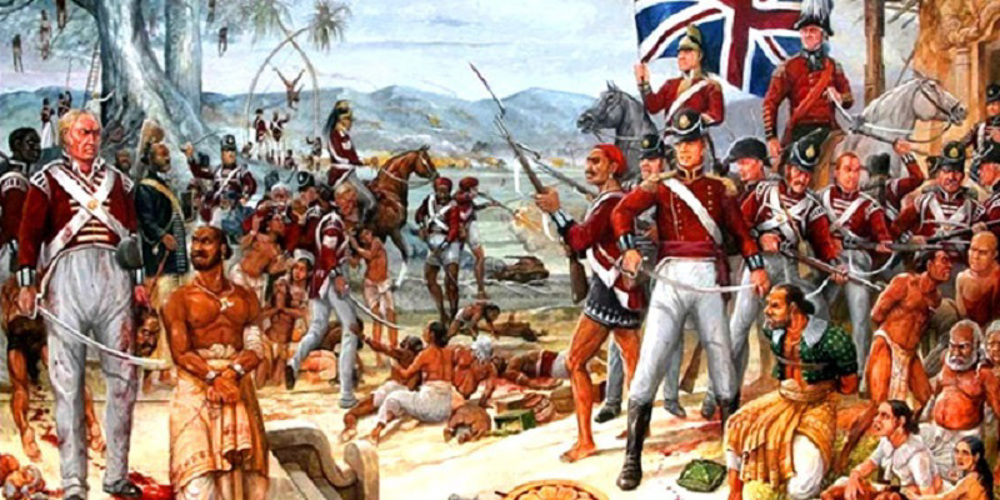
Decolonizing UK Education Conference
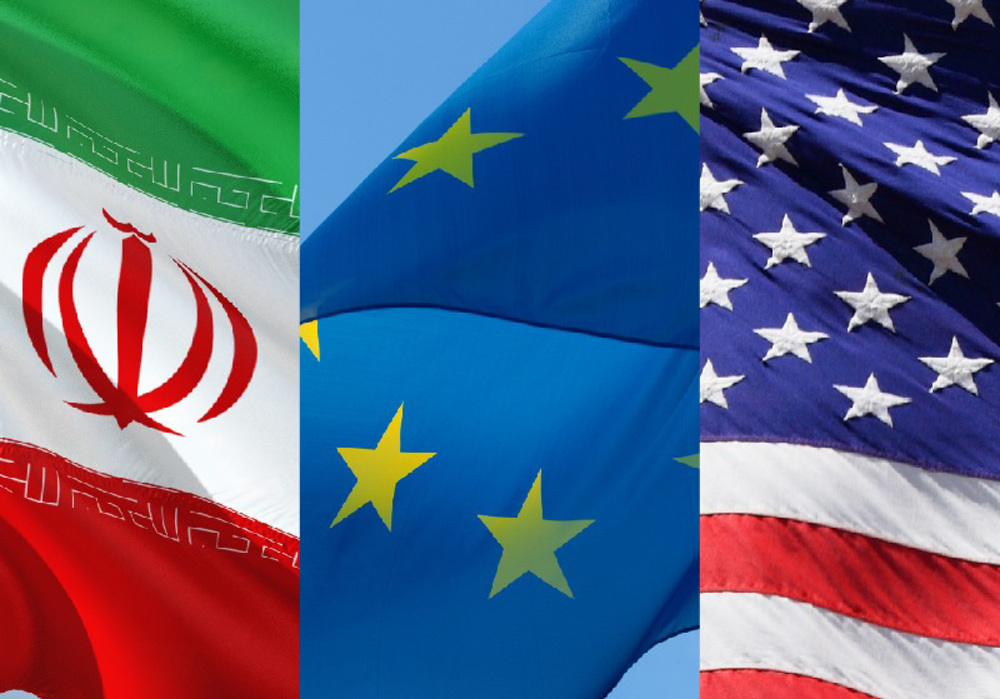
Europe sidelined in indirect Iran-US talks
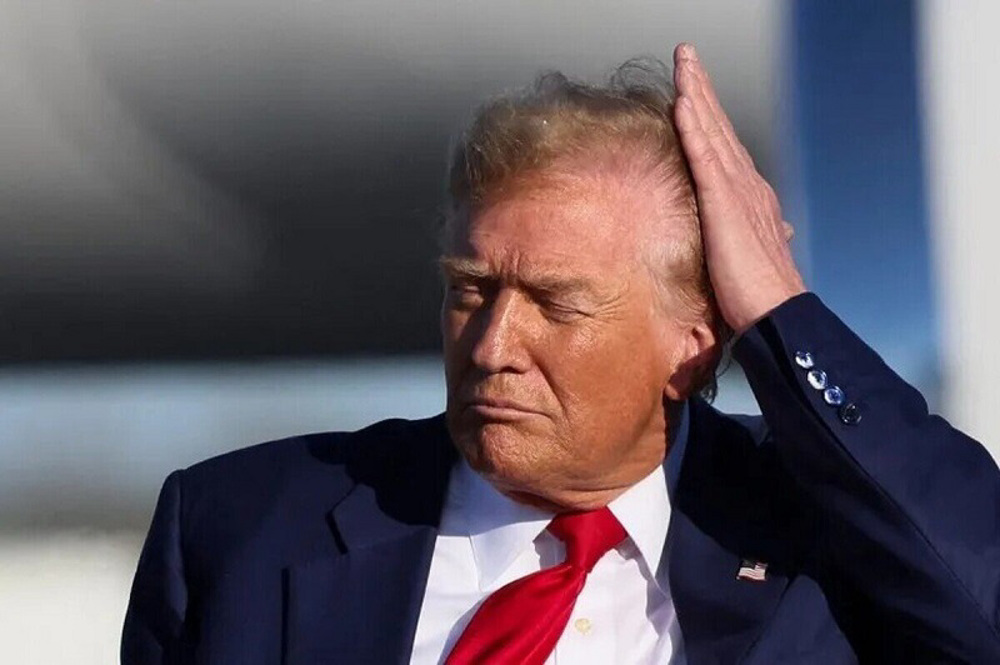
Trump Ukraine mediation muddle
Iran mulls buying oil from Azerbaijan amid warming ties: Report
Israeli settlers storm al-Aqsa Mosque amid intensified West Bank raids
Canadians take to the polls as Trump renews US takeover push
Israel uses new 'Bar' guided rockets in Gaza genocide as death toll surges
Iran condemns deadly US attacks on Yemen as ‘war crime’, blasts international silence
Hague court upholds verdict favoring Iranian banks in Bahrain case
VIDEO | Press TV's news headlines
VIDEO | Laughter under rubble: Palestinians turn displacement into defiance


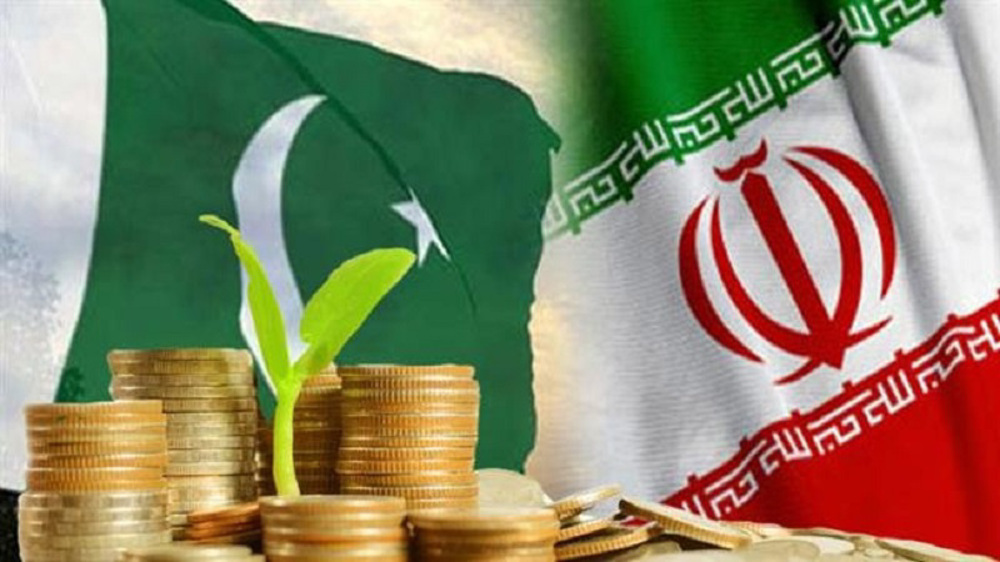
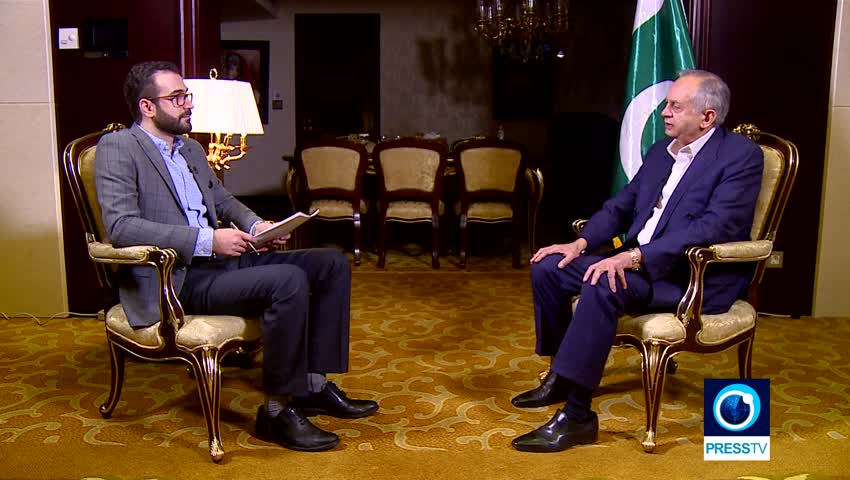
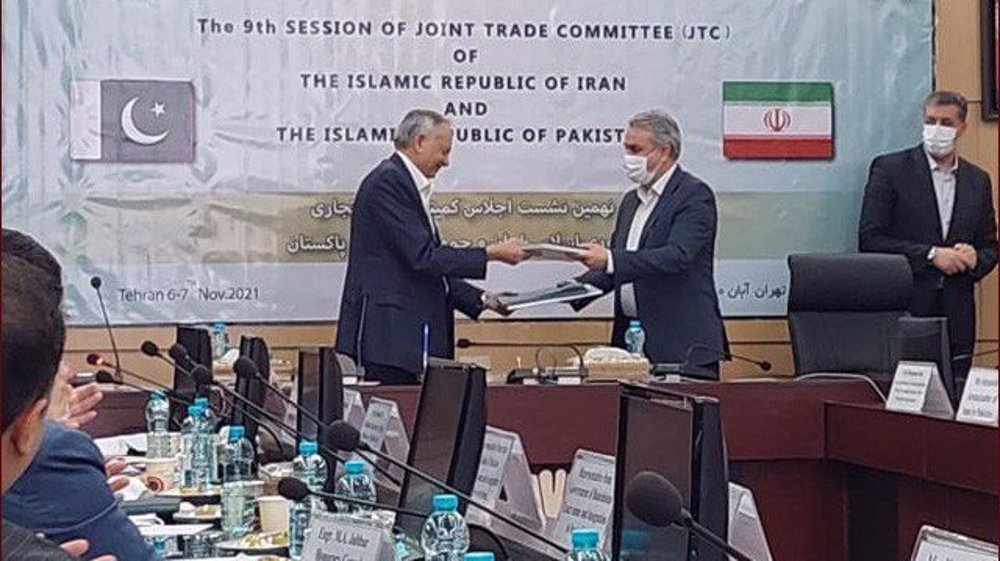
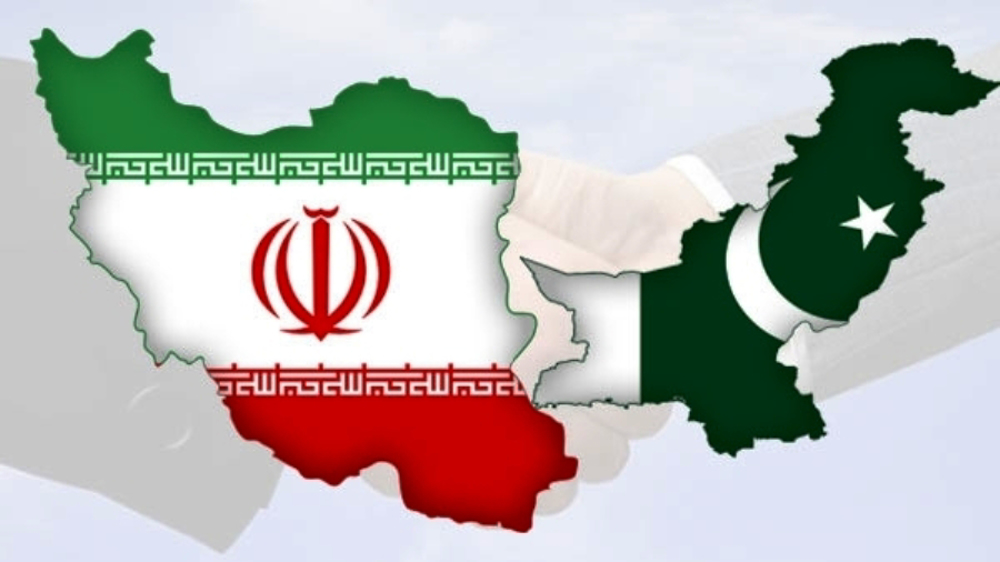
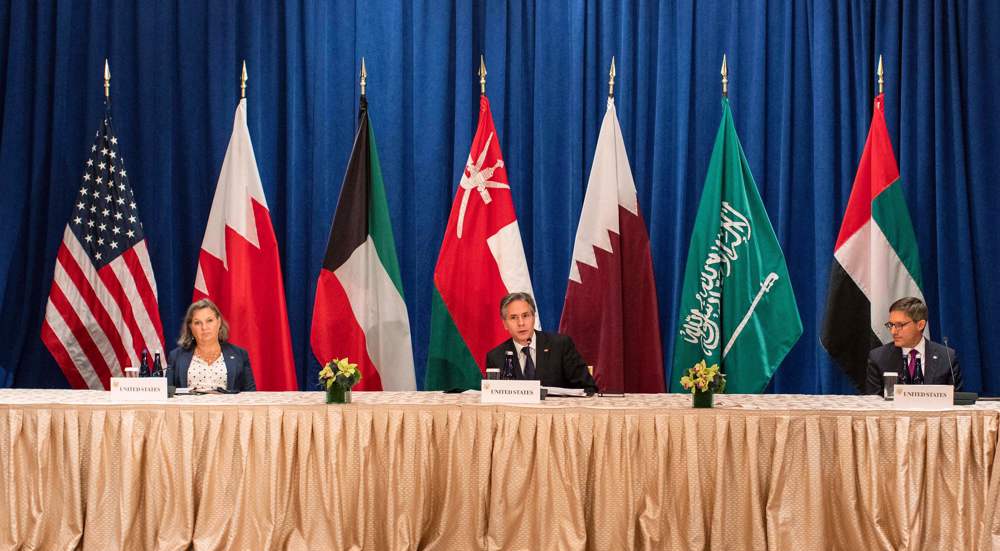
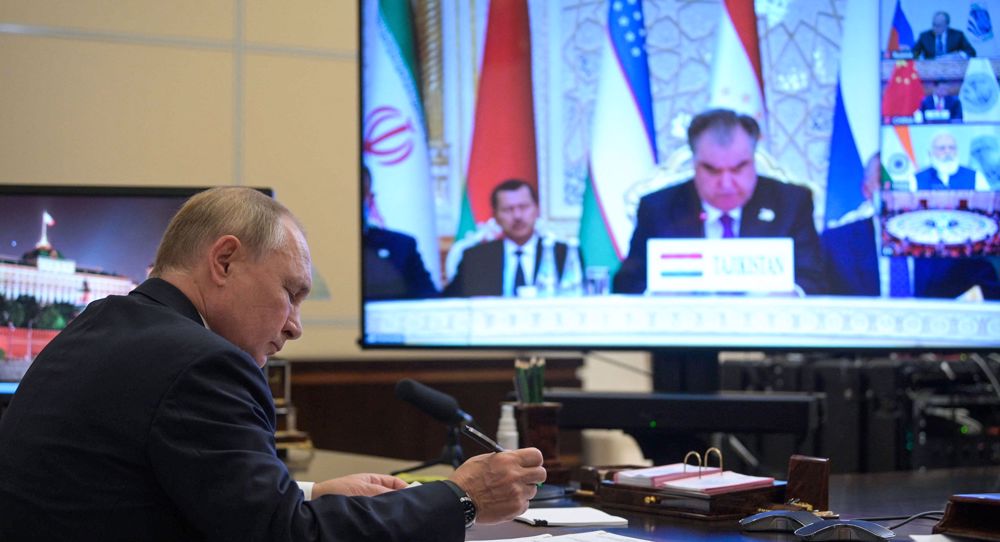
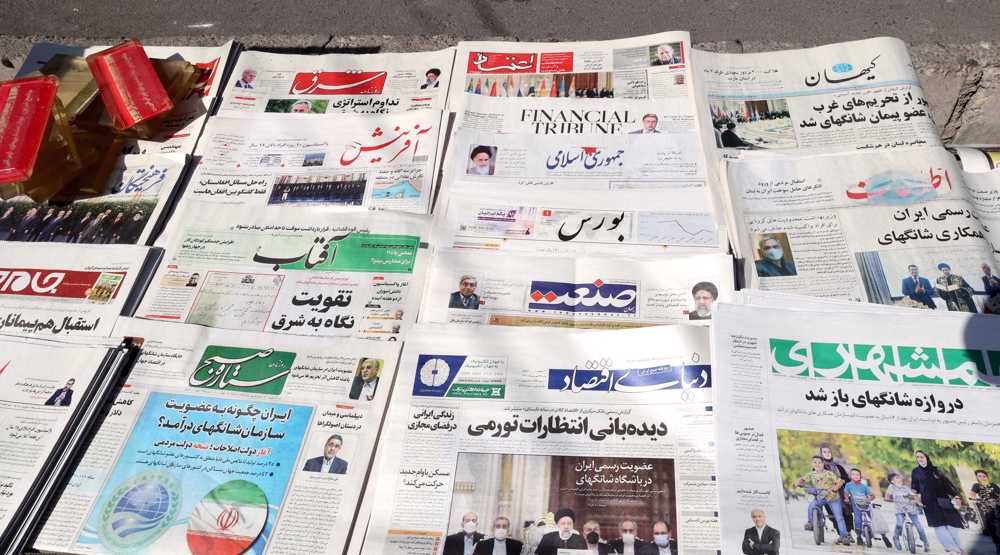
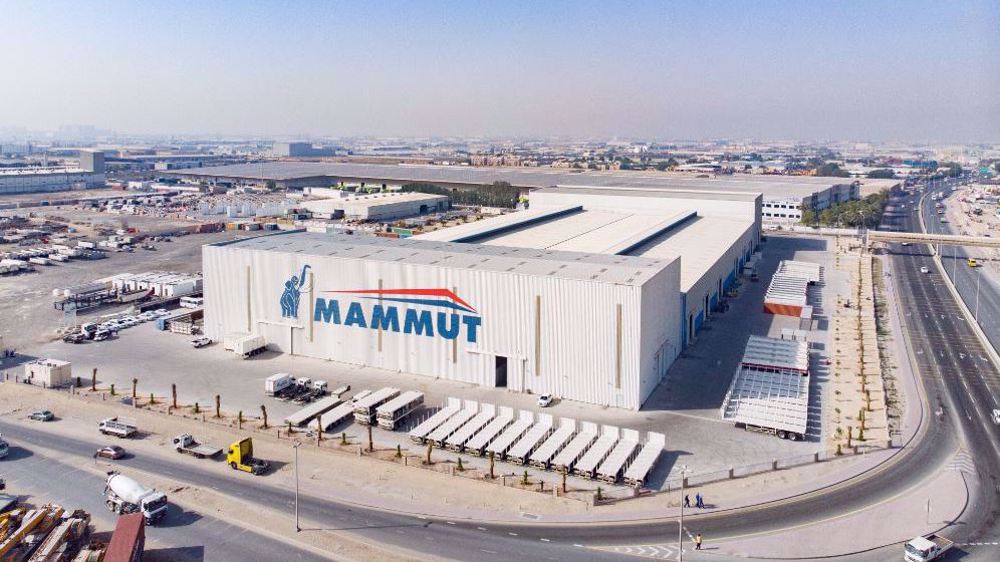
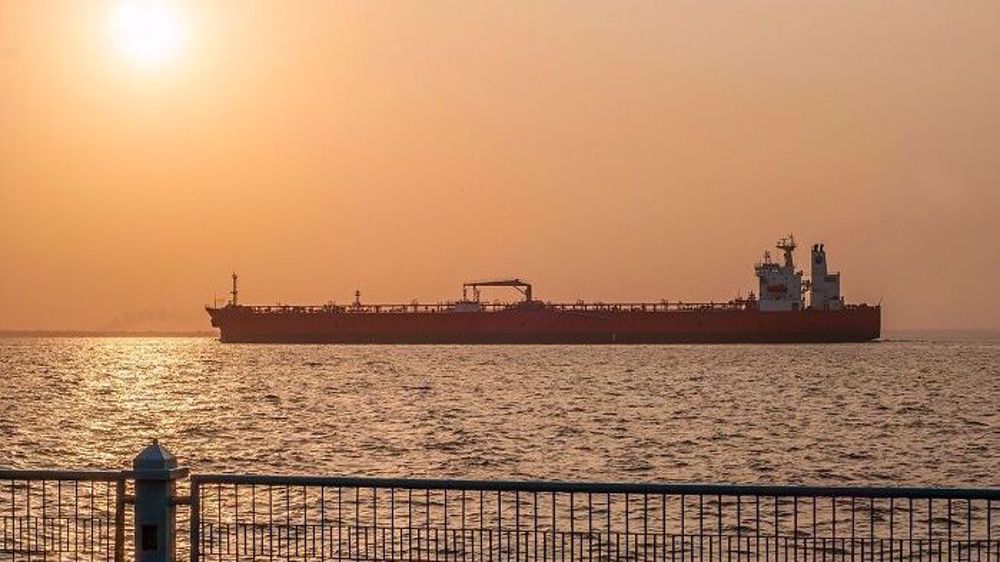
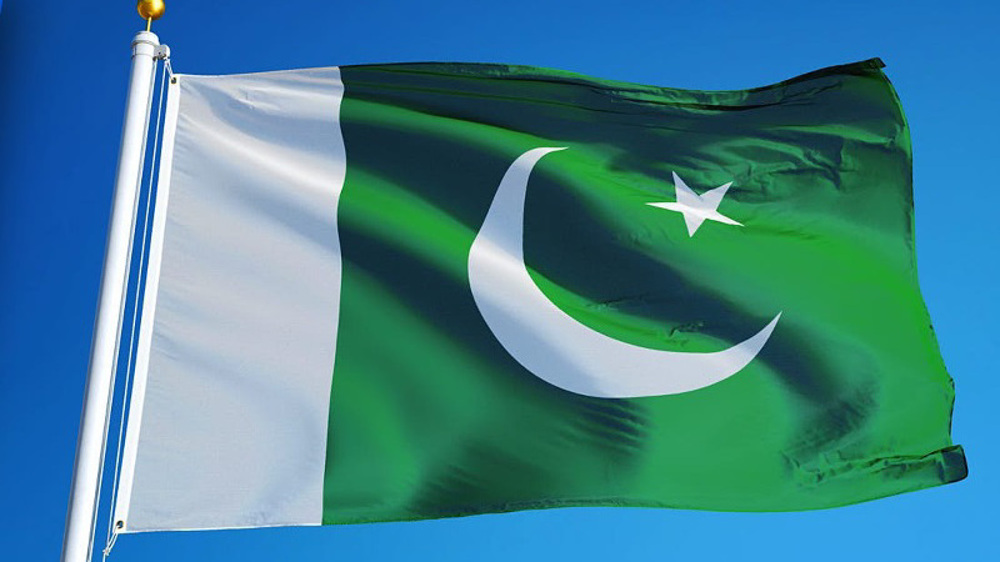
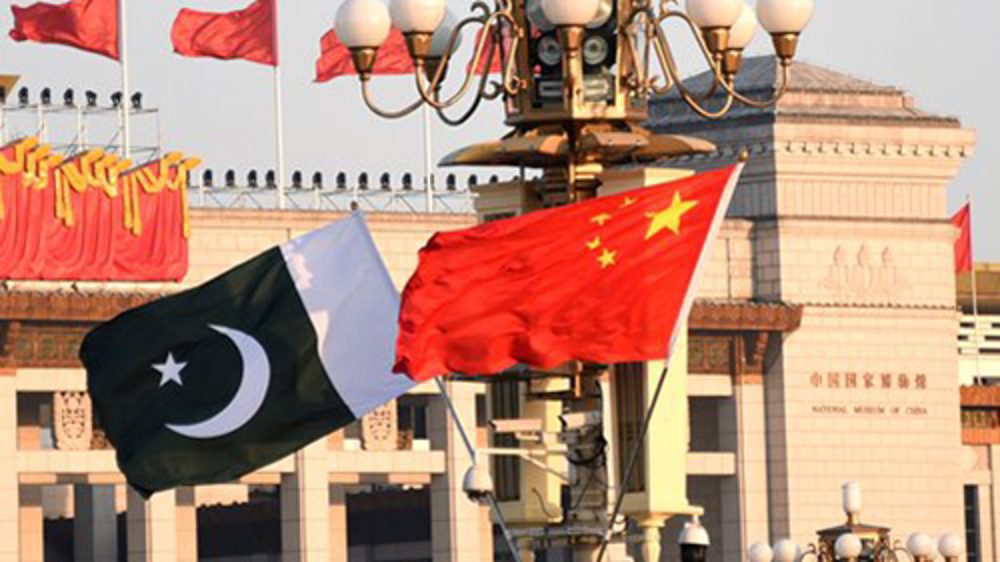



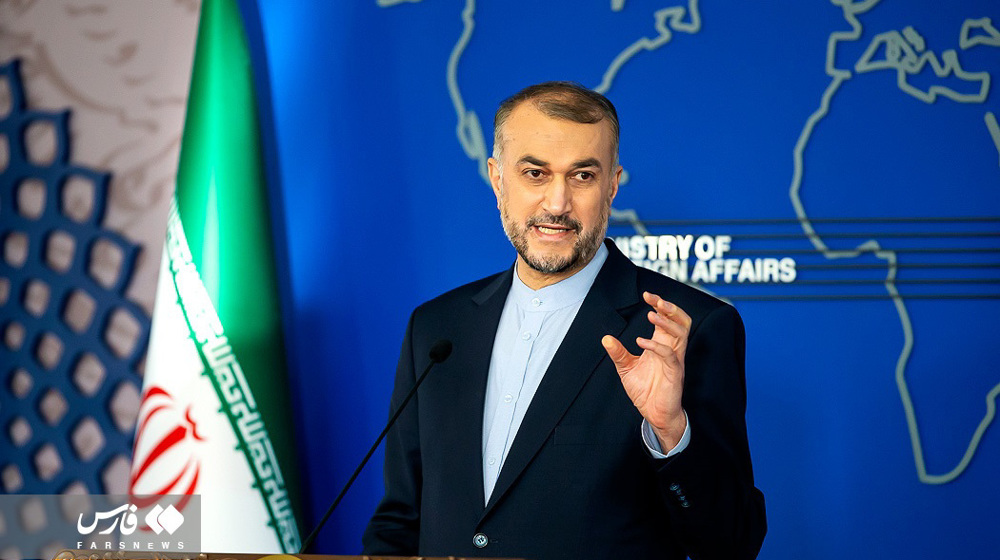
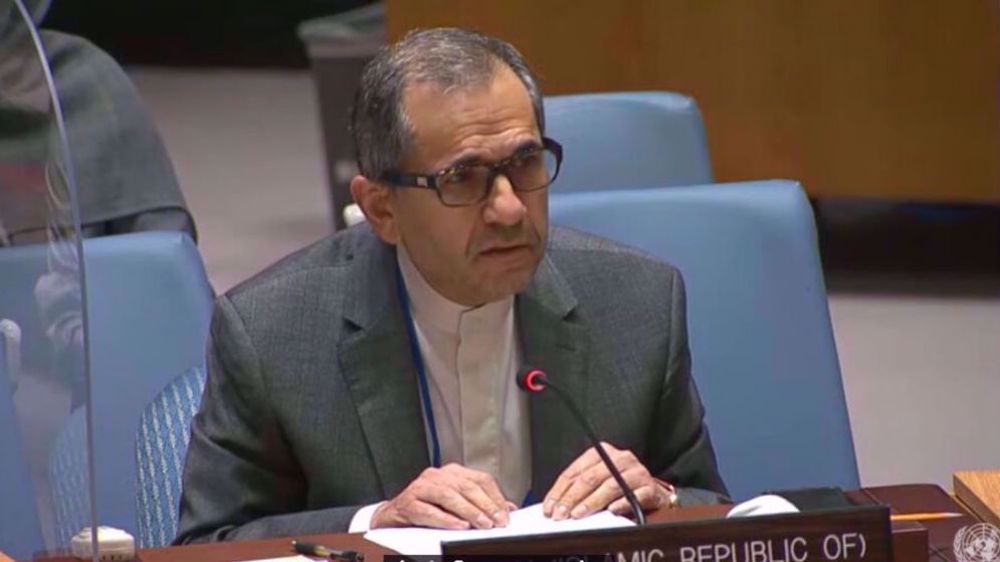
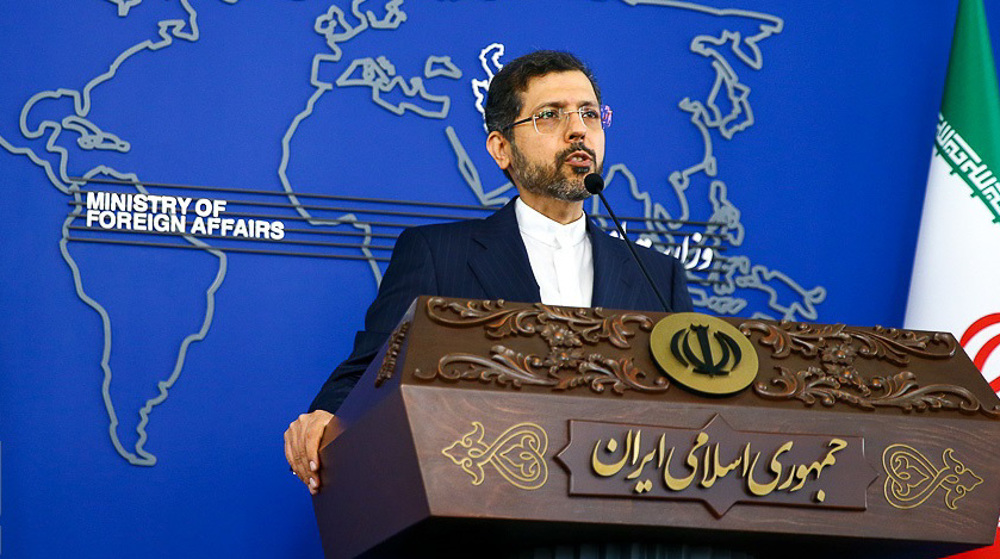
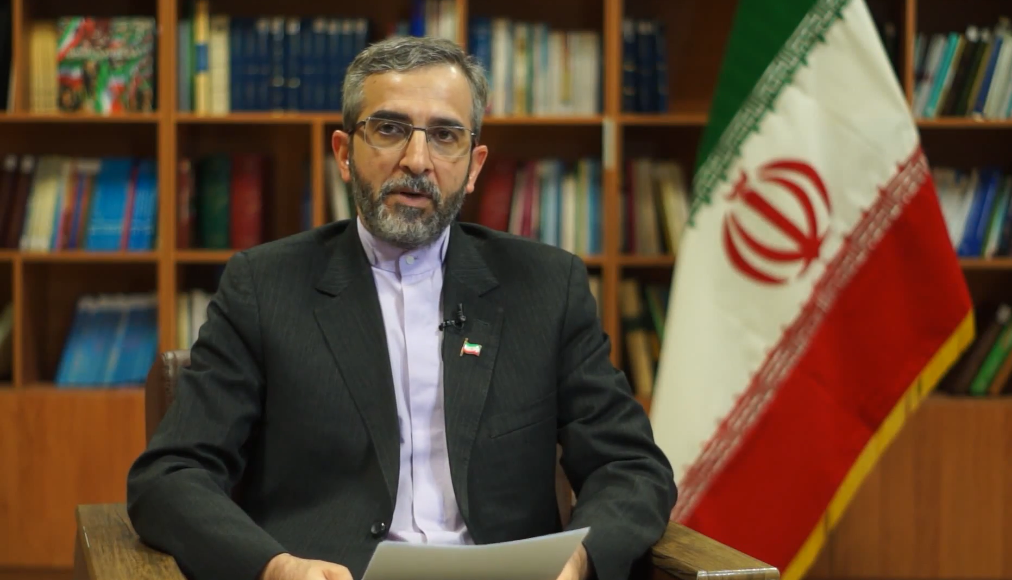
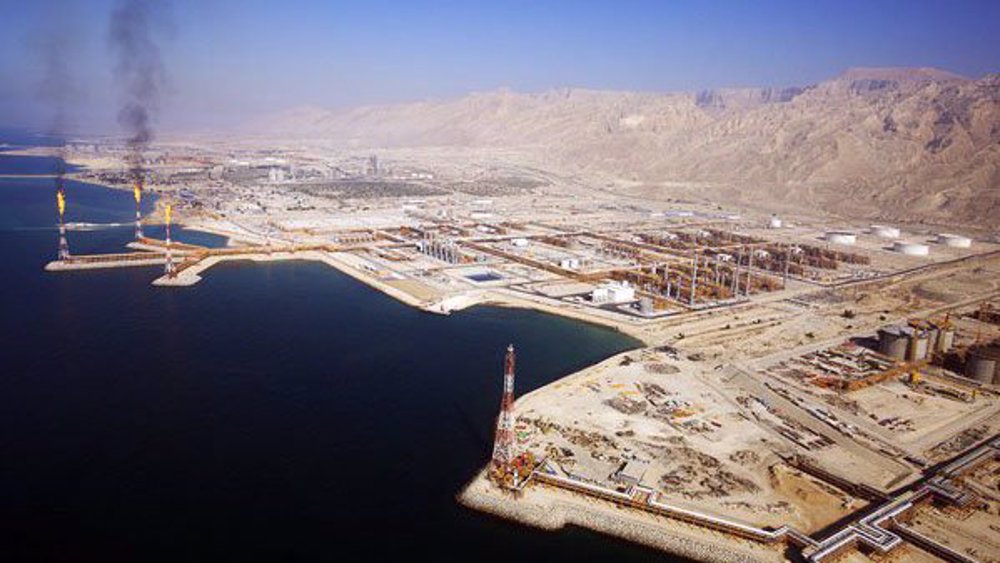
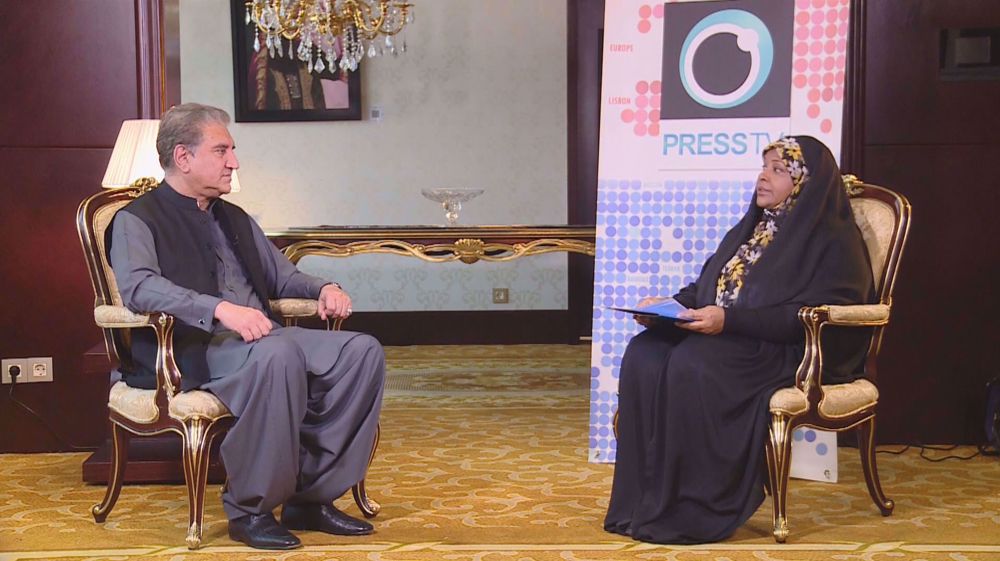

 This makes it easy to access the Press TV website
This makes it easy to access the Press TV website